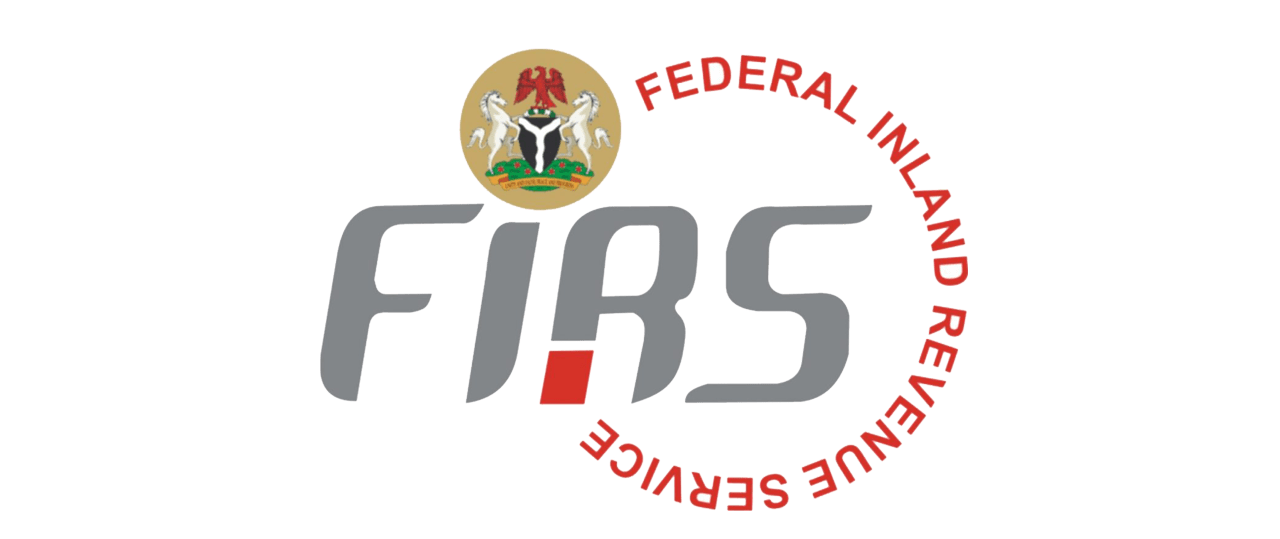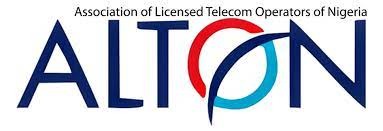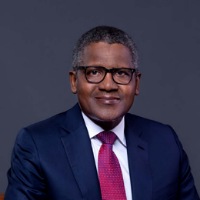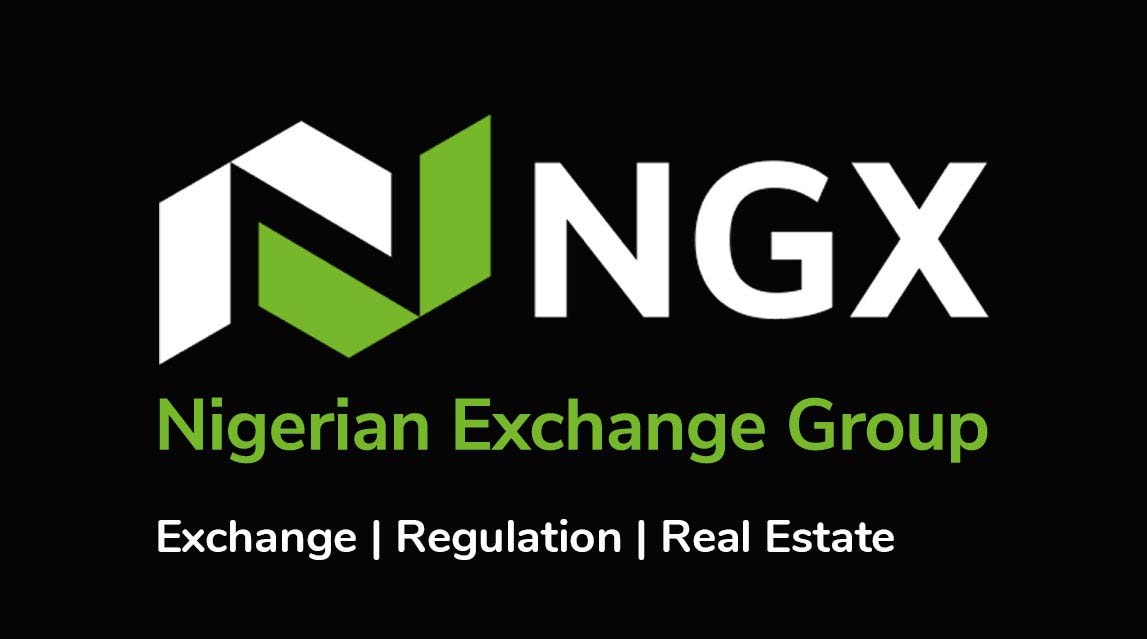Business
FIRS Floors MTN In Tax Dispute Involving Over $72.5m

The Lagos State Division of the Tax Appeal Tribunal (TAT) has ordered MTN Nigeria Communications (MTNN) to pay the sum of $72, 551, 059, being tax default to the Federal Inland Revenue Services (FIRS).
The fine covers for 2007 to 2017, The Punch reports.
However, the Tribunal absolved the telecommunication firm from paying the sum of $21,039,807, as penalties and interest on the principal sum.
A five-man panel led by Professor A. B. Hamed, gave the verdict and order on Friday, while delivering judgment in an appeal numbered TAT/LZ/VAT/075, filed by the telecommunication company against the request by the FIRS to pay the default.
Other members of the panel were P. A. Olayemi, Babatunde Sobamowo, Samuel N. Ohwerhoye and Terzungwe Gbakighir.
The facts of the matter according to the processes filed before the appeal, was that sometime in May 10, 2018, the Office of the Attorney General of the Federation issued a report of its investigation into the MTN’s Forms A and M transactions. The report covered the 2007 to 2017 accounting years.
But, in a revised report dated August 20, 2018, the OAGF adjusted the alleged outstanding in respect of import duty and VAT to the tune of N242.2 bn, (Form M -visible transactions) whilst the section relating to VAT and Withholding tax (WHT) was revised $1.284 bn (Form A invisible transactions).
The processes also stated that sometime in mid-2020, the FIRS informed MTN that it had received a report from the OAGF in respect of its alleged liability to VAT and WHT.
FIRS consequently conducted a review of MTN’s tax and accounting records and upheld the OAGF’s alleged tax liability.
However, MTN and its tax consultant, KPMG Advisory Services, held a series of meetings with FIRS to resolve the tax dispute arising from MTN’s alleged tax liability.
Thereafter, in July 2021, the FIRS issued a VAT assessment of $93, 590, 366m to the MTN. This assessment comprised the sum of $72, 551, 059m, as the principal liability and $21,039,807m, for penalties and interest on the principal sum (first assessment).
MTN objected to the first assessment whereupon the FIRS further reviewed the assessment. Accordingly, by the Notice of Assessment dated April 14, 2022, the Respondent issued a revised assessment for US $135,697,755m to MTN as a revised assessment.
Although the principal amount of tax alleged to be outstanding and due from the Appellant (principal tax liability) in the revised assessment, i.e. $47, 776, 210m, was less than the alleged principal tax liability contained in the first assessment, i.e., $72,551,059m, the interest and penalty imposed by the FIRS on the alleged principal tax liability in the revised assessment, i.e. $87.900m, is higher than the interest and penalty imposed by the FIRS on the alleged principal tax liability in the first assessment, i.e., US $21, 039,807m.
Also MTN by a letter of notice of objection dated May 13, 2022, objected to the FIRS’s revised assessment, and FIRS by a letter dated June 16, with ref. no. FIRS/TID/LOS/2020/0213/01, notified the MTN of its refusal to amend the revised assessment.
Dissatisfied with the FIRS’s amended revised assessment, MTN filed the Appeal before the Tax Appeal Tribunal.
Upon reviewing all the processes filed by the parties, the tribunal distilled five issues for determination, which were; “Whether in view of the clear and unequivocal provisions of the VAT Act prior to the amendment by the Finance Acts, the provision of software licensing and upgrades qualified as a taxable supply of goods and services.
“Whether the provision/lease of bandwidth capacities by Intelsat Global Services & Marketing Ltd, a non-resident entity, through transponders located in the satellite, qualifies as a taxable supply of goods and services.
“Whether in the absence of the production of any false or untrue document or statement by the Appellant, the Respondent has authority to conduct a tax investigation beyond the 5-year restriction.
“Whether training provided by offshore facilitators outside of Nigeria is liable to VAT in Nigeria.
“Whether the Respondent acted in error when it calculated and imposed interest and penalty on the Appellant’s alleged non-remittance of VAT liabilities, the said liabilities having not become final and conclusive.”
While counsel to MTN urged the tribunal to determine the issues in its favour, FIRS counsel, who includes: Abu Ocheme Director Legal FIRS, Egodi Adedeji and Moses Ideho, urged the court to dismiss the MTN’s appeal, and determine the issues raised in FIRS’s favour.
The tribunal, after taking arguments on the parties, resolved issues one to four in favour of the FIRS, and issue five was resolved in favour of MTN.
The tribunal after perusing all the processes filed by parties, and citing a plethora of authorities held that: “In the final analysis, it is the decision of the Tribunal that issues one to four discussed above are all resolved in favour of the Respondent and the appellant is therefore ordered to settle the assessed liabilities accordingly.
“However, issue five in relation to penalty and interest is resolved in favour of the Appellant and is therefore set aside by this Honourable Tribunal. This is our Judgement.”
Business
Savannah Energy Provides Unaudited FY 2024 Trading Updates

Savannah Energy has shared a trading update on its Nigerian operations and other markets in Africa, including up-to-date cash collections in its Nigerian business.
According to the update, made available on Thursday in Lagos, its gross production in Nigeria averaged 23.1 Kboepd for FY 2024, broadly in line with the prior year’s 23.6 Kboepd, of which 88% was gas (FY 2023: 91%).
On the update, CEO of Savannah Energy, Andrew Knott, said, “I am pleased to provide a FY trading update which demonstrates the continued progress we have made in 2024, a year which saw the highest level of cash collections ever recorded by our Nigerian business. 2025 is expected to be an exciting year for our Company: we have a large planned operational programme in Nigeria which is anticipated to enhance both our oil and gas production levels and capacity; we intend to progress our R3 East oil development project in Niger; we continue to pursue key acquisitions in the upstream oil and gas space; and we continue to seek to build our power business.
“Fundamentally, Savannah remains unequivocally an “AND” company, seeking to deliver strong performance both for the short AND long term across multiple fronts, and pursuing growth opportunities in both the hydrocarbon AND power sectors.”
The update It also shows that it generated a Total Income of US$393.6 million in 2024, compared to FY 2023’s US$289.8 million. This consists of Total Revenues of US$258.7 million and Other operating income of US$134.9 million.
The report also shows that Savannah’s FY 2024 Total Revenues were ahead of the previously issued financial guidance of greater than US$245 million, while FY 2024 financial guidance is reiterated for Operating expenses plus administrative expenses at ‘up to US$75 million’. The company expects its FY 2024 capital expenditure to come in lower than planned (previously guided at ‘up to US$50 million’) due to the phasing of spend.
ALSO READ: CSR: Dangote Awards Scholarships To 473 Students
According to the update, Savannah’s cash collections in 2024 amounted to US$248.5 million, a slight increase from the US$206 million it received in 2023. The report further shows that its cash balances as at 31 December 2024 stood at US$32.6 million, compared to the 31 December 2023 figure of US$107.0 million.
The report shows that the company’s midstream subsidiary, Accugas Limited, had as at 31 December 2024 drawn down on its NGN332 billion of the NGN Transitional Facility, with the resulting funds being converted to US$, which, along with cash held, was used to partially prepay the existing Accugas US$ Facility, leaving a balance as at 31 December 2024 of approximately US$212.3 million.
The report also provided new updates on Accugas’ US$45 million Uquo Central Processing Facility (“Uquo CPF”) compression project in Nigeria, noting that its commissioning which will enable the expansion of gas production in the medium term is well underway.
The report highlighted the progress being made in the procurement process of long lead equipment in Nigeria for a potential two-well drilling campaign on the Uquo Field in H2 2025, with an additional gas development well expected to add up to 80 MMscfpd of supplemental production capacity and a potential exploration well targeting an Unrisked Gross gas initially in place (“GIIP”) of 154 Bscf (25.7 MMboe) of incremental gas resources.
The update shows that progress is also being made in the planned Savannah acquisition of Sinopec International Petroleum Exploration and Production Company Nigeria Limited, whose principal asset is a 49% non-operated interest in the Stubb Creek oil and gas field (“Stubb Creek”), with regulatory approval and completion being targeted in Q1 2025. Following the completion of the acquisition, Savannah intends to commence an expansion programme which is anticipated to increase Stubb Creek gross production from an average of 2.7 Kbopd in 2024 to approximately 4.7 Kbopd.
In Niger, Savannah continues to seek to progress its 35 MMstb (Gross 2C Resources) R3 East oil development in South-East Niger, while it continues to push for a potential alternative transaction structure to acquire a material stake in producing oil and gas assets in South Sudan as previously announced on 20 December 2024.
On the renewable energy front, the update shows that Savannah has up to 696 MW of renewable energy projects currently in motion, including the up to 250 MW Parc Eolien de la Tarka wind farm project in Niger and the up to 95 MW Bini a Warak hybrid hydroelectric and solar project in Cameroon. A firm believer in Africa’s transition to renewable energy, Savannah continues to target a portfolio of up to 2 GW+ of power projects in motion by the end of 2026.
Business
Nigeria Can Achieve 5.5% GDP Growth – NESG
The Nigerian Economic Summit Group (NESG) has projected that the country has the potential to achieve a 5.5% growth in Gross Domestic Product (GDP) if critical policy reforms are sustained.
This was disclosed on Thursday during the launch of the NESG’s 2025 Macroeconomic Outlook report.
Speaking at the event, the Chief Economist and Director of Research & Development at NESG, Dr. Olusegun Omisakin, highlighted the need for more efficient policy implementation to unlock Nigeria’s economic potential.
READ MORE: Davido Is Richer Than His Billionaire Father – Ibrahim Chatta Claims
“We believe at the optimal level, if we embark on more efficient policy reforms, the Nigerian economy has the potential, the GDP to end up at 5.5 per cent, and we believe that this is achievable,” Omisakin stated.
More to follow……….
Business
CBN Approves Release Of Nigerian FX Code
The Central Bank of Nigeria (CBN) has announced the release of the Nigerian Foreign Exchange (FX) Code, a set of guidelines designed to promote ethical conduct among authorized dealers in the country’s FX market.
In a statement, the apex bank disclosed that the official launch of the Code would take place on Tuesday, January 28, 2025, at the CBN Head Office Auditorium in Abuja.
READ MORE: Dangote Denies Culpability In Pumping Up Petrol Price
“The Central Bank of Nigeria has approved the release of the Nigerian Foreign Exchange (FX) Code as a guideline to the banking industry to promote the ethical conduct of authorised dealers in the Nigerian Foreign Exchange Market,” the statement read.
The introduction of the FX Code is expected to enhance transparency, accountability, and professionalism within Nigeria’s foreign exchange ecosystem, aligning it with global best practices.
The event is anticipated to attract key stakeholders in the financial and banking sectors, as well as representatives from authorized FX-dealing institutions across the country.




















